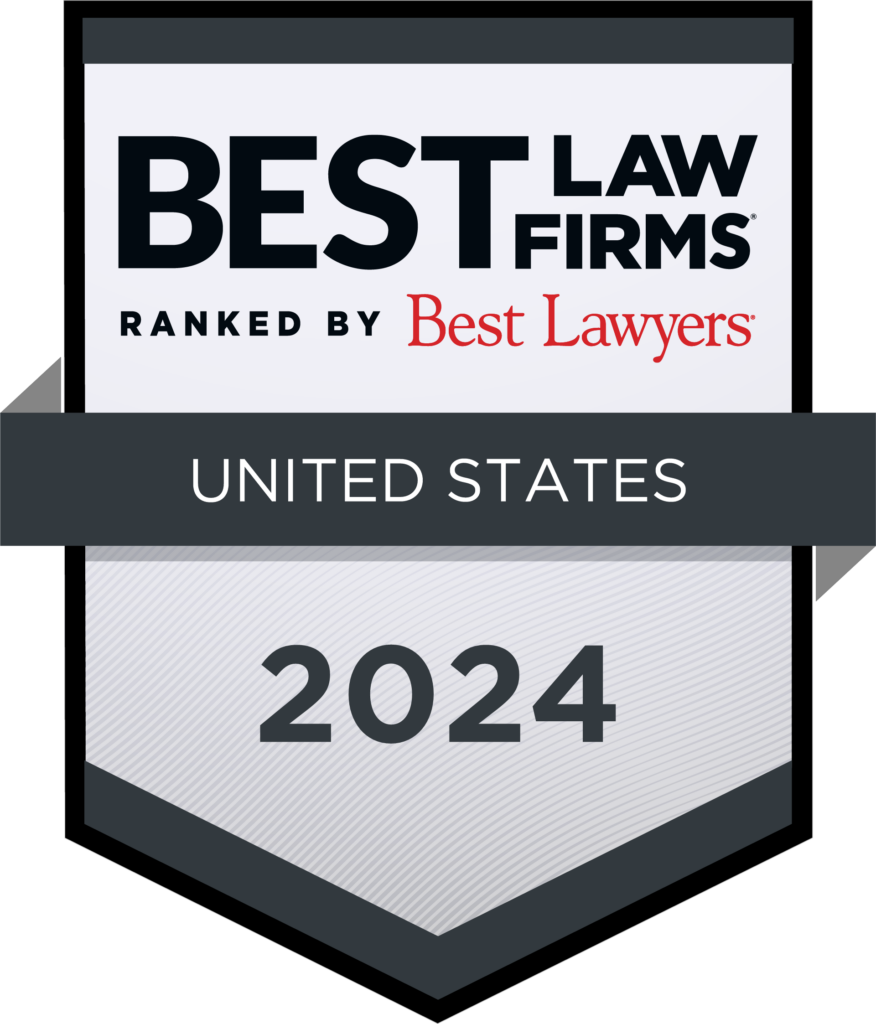Employment-based Temporary Visas
H-1B Specialty Occupation Worker Visas
H-1B visas are designed for foreign nationals seeking to enter the U.S. for a temporary period to engage in employment in a “specialty occupation.” A specialty occupation is one requiring the theoretical and practical application of highly specialized knowledge and the attainment of a bachelor’s or higher degree in the specific specialty (or its equivalent) as a minimum for entry into the occupation in the U.S.
H-1B visas are generally granted for three-years at a time and are renewable for a total of six years (unless a permanent residence case is in progress, in which case additional extensions beyond six-years may be obtained). Employers must first file a petition with USCIS and once approved, the foreign national may obtain a visa at a U.S. consulate abroad.
H-1B1 Specialty Occupation Workers (Nationals of Chile and Singapore)
The H-1B1 is similar to the H-1B visa in terms of its eligibility criteria, but it is only available to nationals of Chile and Singapore pursuant to bilateral trade agreements with those countries. There is a cap on the number of H-1B1 visas set aside for nationals of these countries. H-1B1s require a certified Labor Condition Application (“LCA”) from the U.S. Department of Labor (“DOL”) and can be filed directly at the U.S. consulate abroad or with USCIS if the employee is in the United States.
E-3 Australian Special Occupation Visa
The E-3 is also similar to the H-1B in terms of its eligibility criteria but is only available to Australian nationals. E-3 visas are issued for two years at a time and are indefinitely renewable, although “dual intent” (the intent to enter as a nonimmigrant and the intent to obtain permanent residence at the same time) is not permitted. An applicant may applied for an E-3 visa directly at the U.S. consulate abroad or the employer may file a petition with USCIS if the worker is already in the United States.
TN Professional Visas (Pursuant to NAFTA)
The TN category was created under the North American Free Trade Agreement (NAFTA) and has been retained in the United States Mexico Canada (“USMC”) Trade Agreement. The TN is similar to the H-1B in terms of its requirements, although it is only available to foreign nationals from Canada and Mexico who are engaged in an enumerated list of professions.
Other differences between the TN and the H-1B visa categories are: TNs can be obtained directly at the border (for Canadians) and at a consulate (for Mexicans) without having to file a petition with USCIS first, and TNs are not permitted to have “dual intent” (the intent to enter as a nonimmigrant and the intent to obtain permanent residence at the same time). TNs are generally granted for three-years at a time and are renewable indefinitely.
O-1 Aliens of Extraordinary Ability
The O-1 visa is available for persons of extraordinary ability in the sciences, arts, education, business or athletics who have risen to the very top of their field as demonstrated by sustained national or international acclaim. The O-1 may be granted up to 3 years stay initially, with the ability to seek indefinite extensions thereafter. O-2 visas are available for persons accompanying and assisting an O-1 artist or athlete for a specific event or events.
L-1 Intra-company Transferee Visas
L-1 visas are available to permit the temporary exchange of personnel by international companies or organizations. Foreign nationals must show that they have been employed abroad by a foreign firm in a managerial, executive, or specialized knowledge capacity for at least one year during the previous three years and that they will be employed by a legally related U.S. company (parent, subsidiary, branch, or affiliate) in one of the above-mentioned capacities in the U.S.
L-1 visas are generally granted for an initial period of three-years and can be renewed for one or two additional two-year periods depending on whether the foreign national is employed in the specialized knowledge capacity or as a manager/executive.
B-1 Business Visitor Visas
The purpose of the B-1 visa is to permit foreign nationals to enter the U.S. for short business trips that do not constitute employment. B-1 visas are available for foreign nationals who intend to enter the U.S. temporarily to engage in business activities and to return to their foreign residence thereafter. B-1s may not be compensated by a U.S. employer for any activities performed in the United States. They may, however, be reimbursed for their travel expenses.
B-1 visitors may apply for their visas directly at the U.S. consulate abroad. At the port-of-entry, they are generally given no more than six months to remain in the U.S. but may be granted up to one year for their first entry.
Dependents of Nonimmigrant Workers
Dependents (spouses or unmarried children under age 21) are generally permitted to accompany the principal nonimmigrant worker. Spouses of Ls and Es may work in the United States once authorized to do so by USCIS. Spouses of H-1Bs may work in the United States only once the principal’s green card case is far enough along. Dependents of TNs, O-1s and Bs may not work in the United States.
